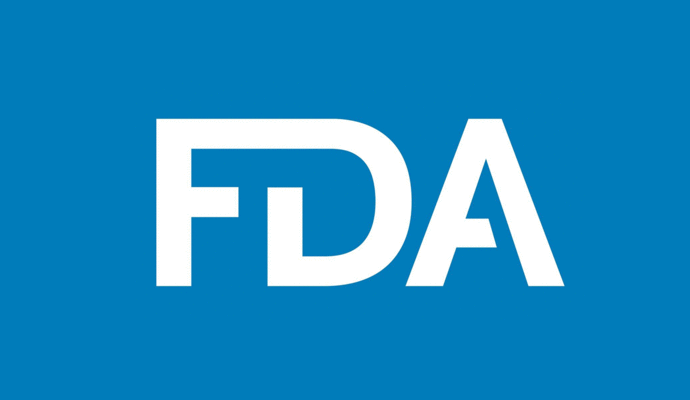FDA Approves Imaging Drug to Identify Ovarian Cancer
FDA approves Cytalux to improve the ability to locate additional ovarian cancerous tissue that is generally difficult to detect.

Source: Getty Images
- FDA recently approved imaging drug Cytalux to assist surgeons in identifying ovarian cancer lesions.
Cytalux is approved for use in adult patients with ovarian cancer to help identify cancerous lesions during surgery. Overall, the drug improves the ability to locate additional ovarian cancerous tissue that is generally difficult to detect.
Healthcare providers administer Cytalux in the form of an intravenous injection prior to surgery.
“FDA’s approval of Cytalux can help enhance the ability of surgeons to identify deadly ovarian tumors that may otherwise go undetected,” Alex Gorovets, MD, deputy director of the Office of Specialty Medicine in the FDA’s Center for Drug Evaluation and Research, said in the announcement.
“By supplementing current methods of detecting ovarian cancer during surgery, Cytalux offers health care professionals an additional imaging approach for patients with ovarian cancer,” Gorovets continued.
Ovarian cancer causes the body to overproduce a specific protein in cell membranes, called a folate receptor. Cytalux binds to these proteins and illuminates under fluorescent light, increasing surgeons’ ability to identify the tissue.
FDA based its approval of Cytalux on a randomized, multi-center study of 134 women aged 33 to 81 years with ovarian cancer or with high clinical suspicion of ovarian cancer. The women were scheduled to undergo surgery.
Of the women who received a dose of Cytalux and were evaluated under normal and florescent light during surgery, 26.9 percent had at least one cancerous lesion detected that was not seen by standard visual.
The most common side effects of Cytalux were infusion-related reactions, including nausea, abdominal pain, itching, and hypersensitivity.
The American Cancer Society estimated there will be over 21,000 new cases of ovarian cancer and more than 13,000 deaths from this disease in 2021, making it the deadliest of all female reproductive system cancers.
Conventional treatment for ovarian cancer includes surgery, chemotherapy, or other targeted therapy to identify and attack specific cancer cells.
Last year, FDA approved GSK’s PARP inhibitor monotherapy maintenance treatment for women with ovarian cancer who are in complete or partial response to chemotherapy.
Until the approval, just 20 percent of women with ovarian cancer or those with BRCA mutation were eligible to be treated with PARP inhibitor as monotherapy in the first-line maintenance setting.
